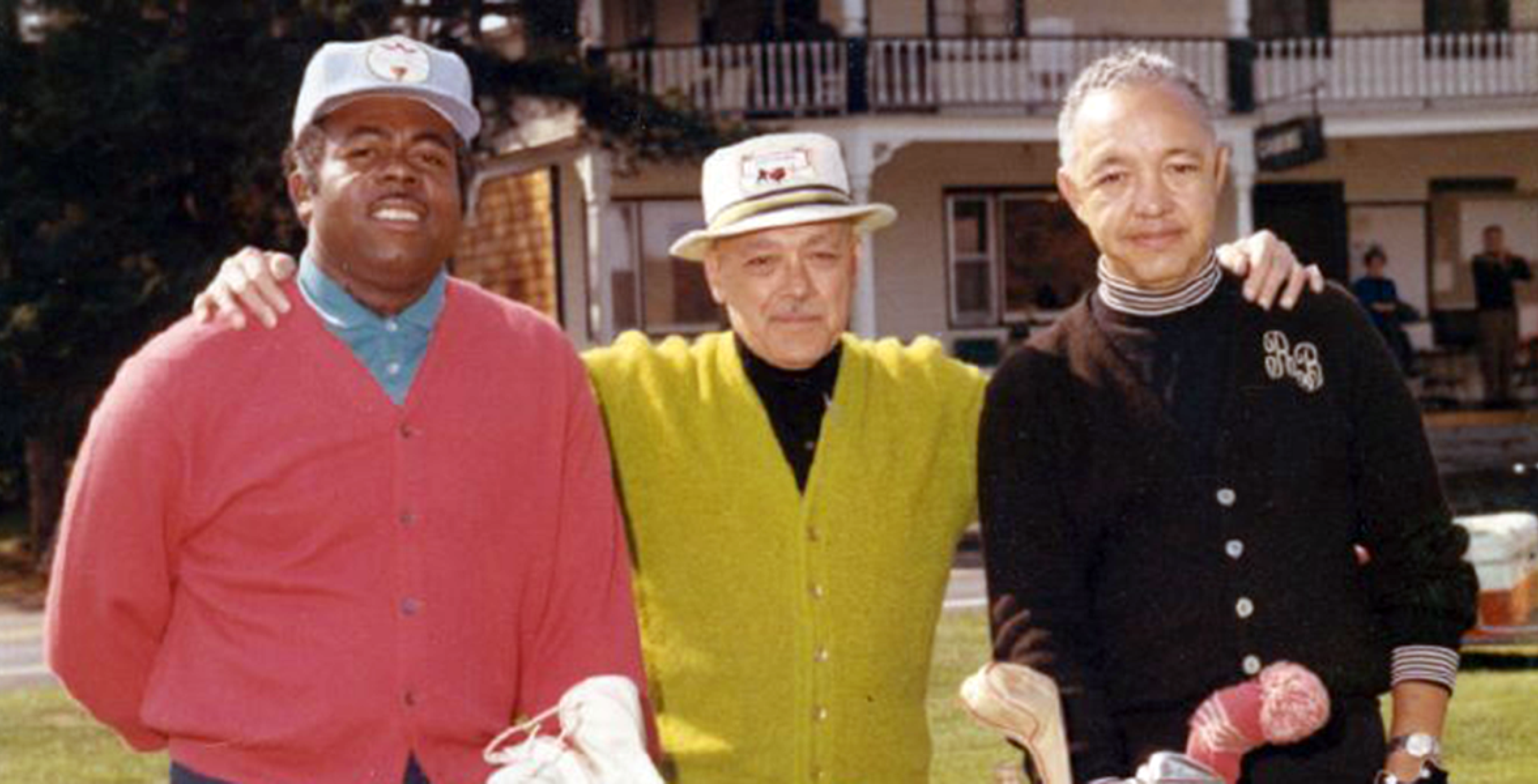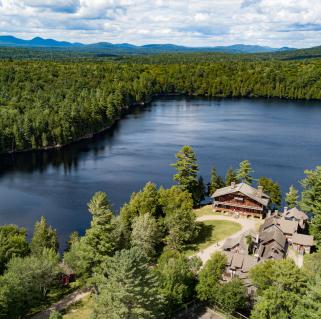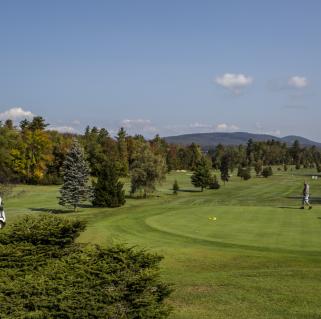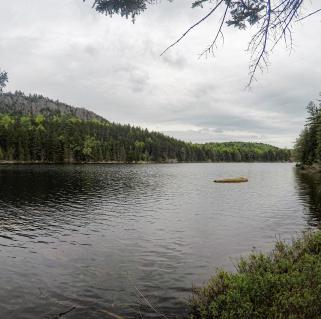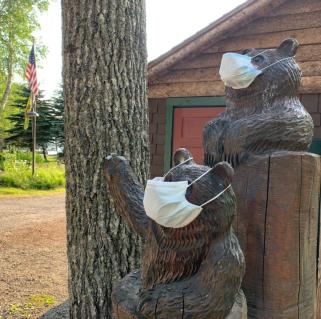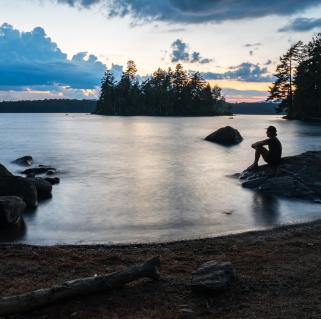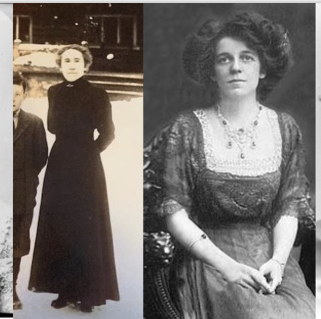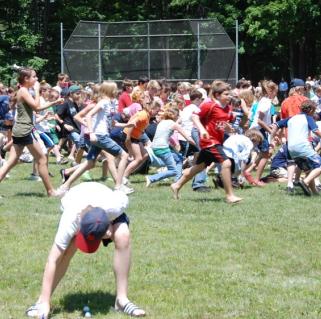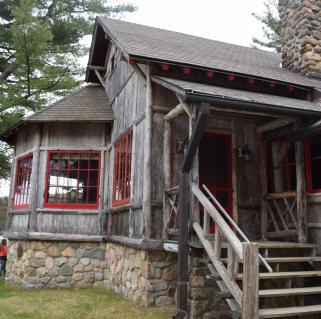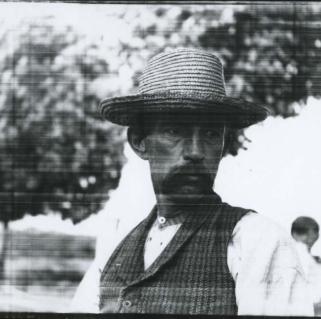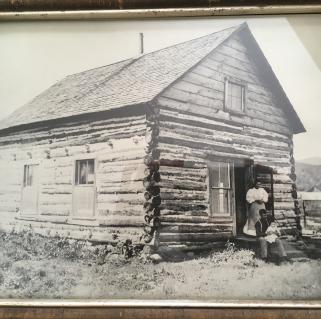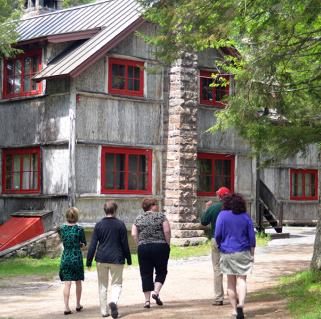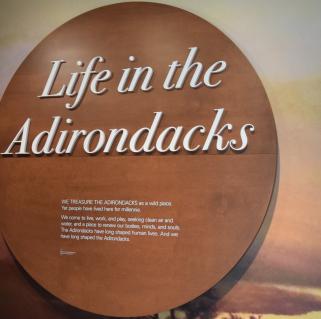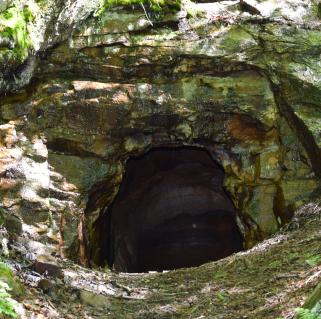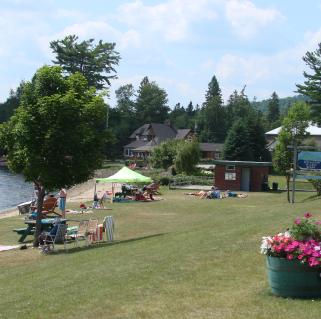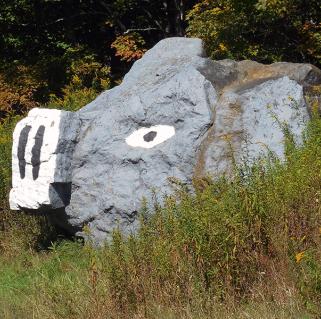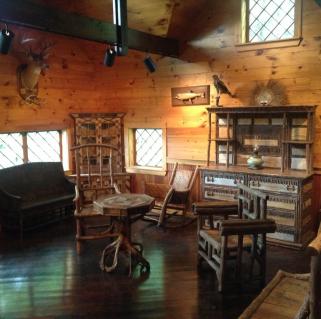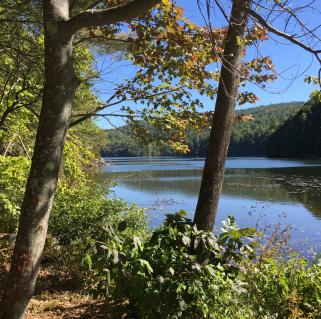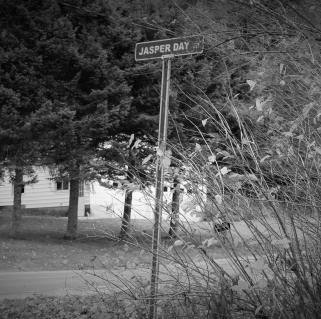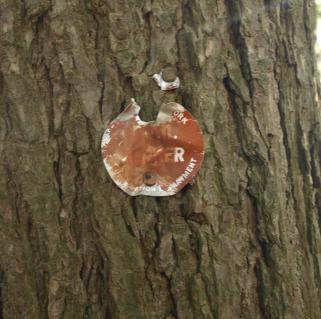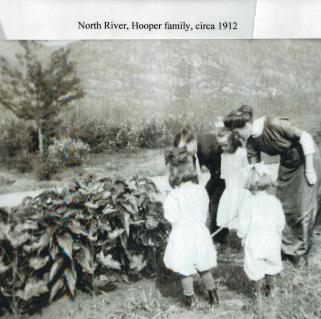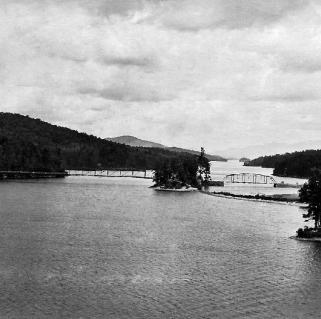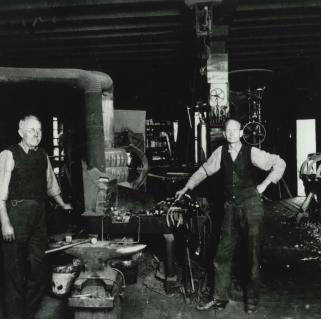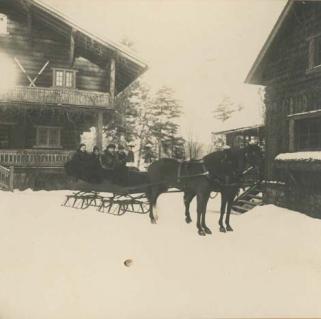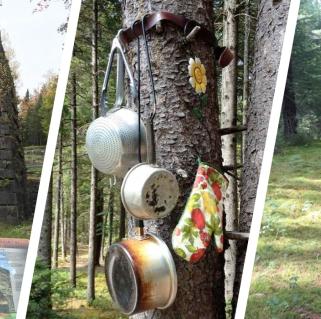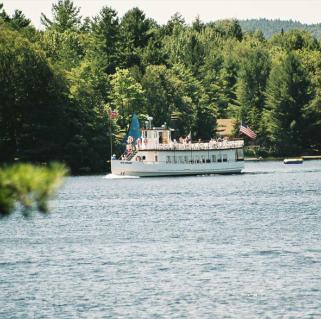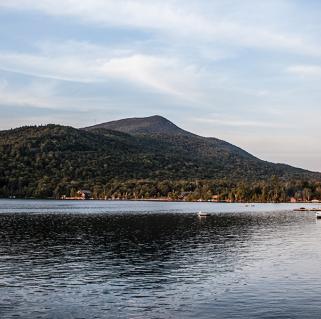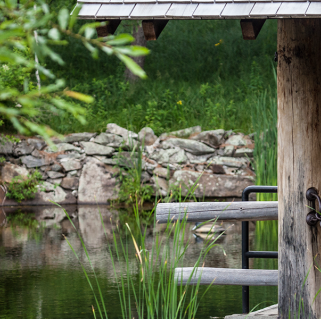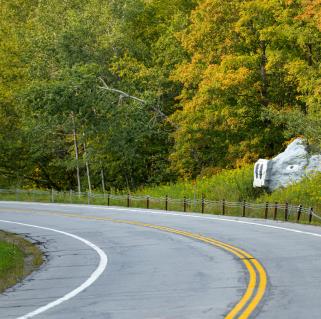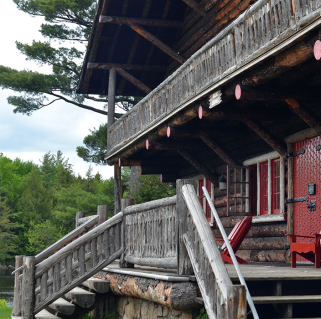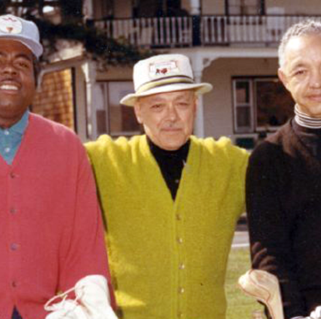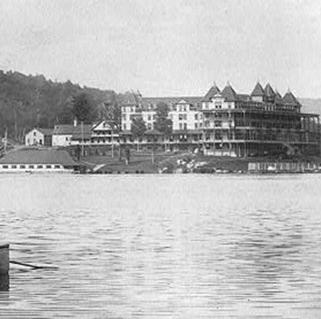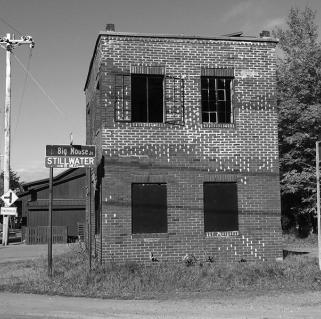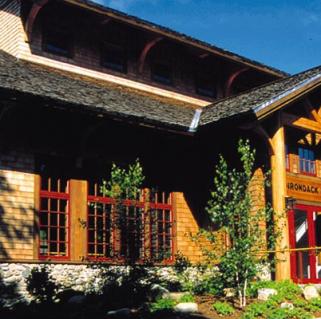On June 25, 2011, Dr. Roland M. Brown, Jr. donated his father's Congressional Gold Medal to the Adirondack Experience, The Museum on Blue Mountain Lake in Blue Mountain Lake. His father was awarded the medal of honor for his service during WWII. But, this family's ties to the Adirondack Park didn't just start with a medal dedication, it actually started with a legendary African-American golfer in the 1900's.
Let's start from the beginning...
Dewey Brown, Sr.
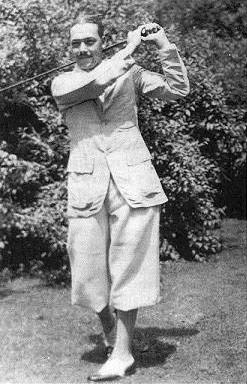
Dewey Brown, Sr., grandfather of Dr. Roland M. Brown, was born in 1899 in North Carolina. His family later moved to New Jersey where he worked as a caddie, golf club maker, and teacher. One of Brown's more notable clients was President Warren G. Harding, for whom he crafted a custom set of clubs.
The first African-American PGA member
On September 1, 1928 Dewey Brown, Sr. became the first known African-American to be elected as member of the PGA (Professional Golfer's Association of America). However, in 1934 his membership was inexplicably terminated. Most believe it was because they had discovered that Brown was black, which may have been overlooked previously due to his light skin. Coincidentally, 1934 was also the year that the PGA amended their by-laws to include a "Caucasian-only" clause.
The Cedar River House
The loss of his PGA card did not discourage Dewey Brown from pursuing a career in golf. In 1947, Brown purchased the Cedar River House and Golf Course in Indian Lake, NY. This 9-hole Adirondack course is where he lived and worked until he retired in 1972. It was from Indian Lake that Brown witnessed the world of golf start to change. In 1961, the PGA rescinded their "Caucasian-only" clause and opened the game to black golfers. In 1965, Brown once again was a member of the PGA, but at the age of 66 his touring days were over.
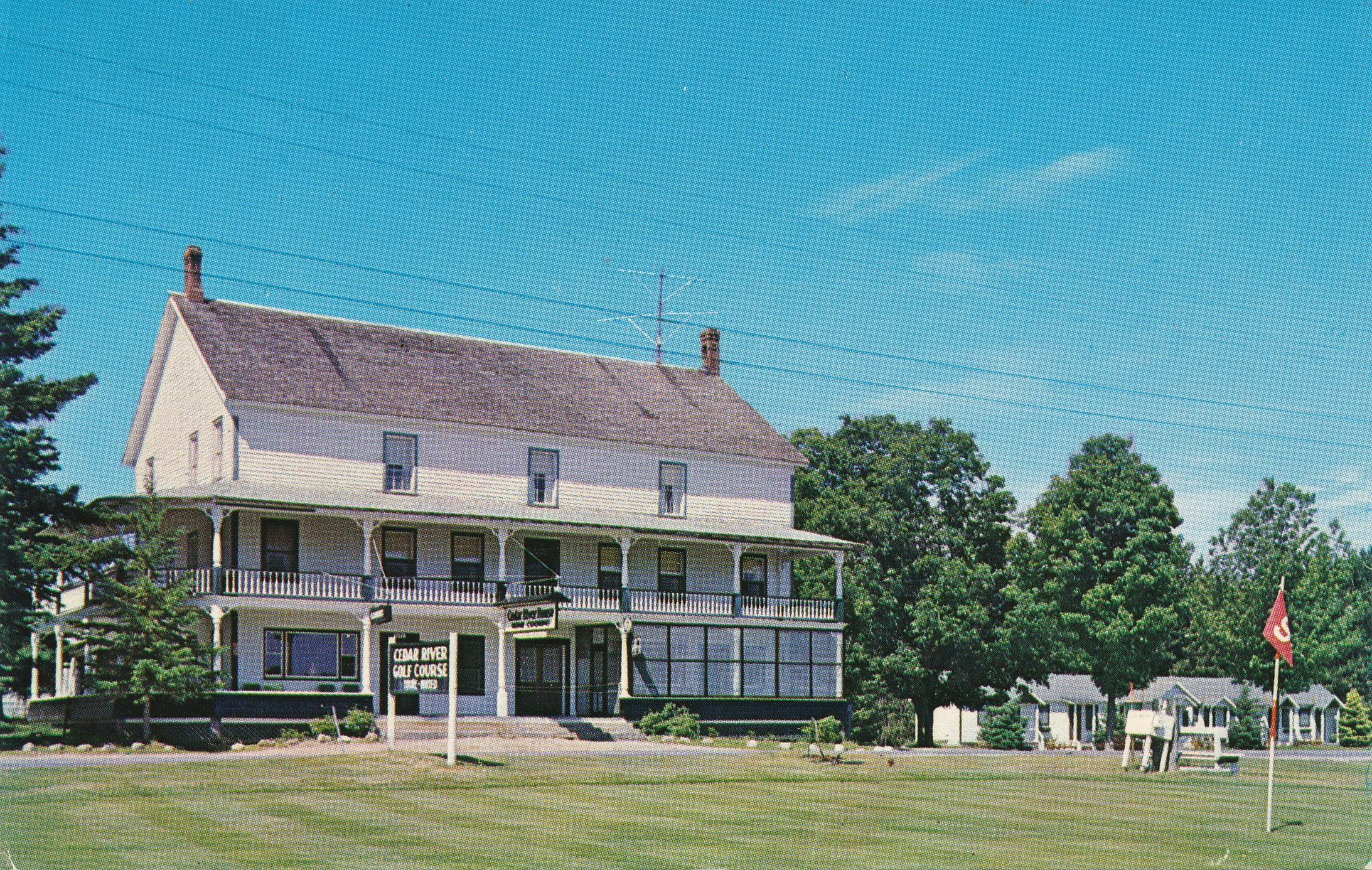
Note: The above photo was a postcard from the Cedar River house during the era it was operated by Dewey Brown. The back of the postcard read: "Cedar River House on Routes 30 & 28, Indian Lake, New York. An ideal vacation spot in the heart of the Adirondack Mountains. Featuring a picturesque nine hole Golf Course (a duffer gets great pleasure - a test for professionals and the best of amateurs). Home of excellent food and beverages. Bathing, boating, and tennis nearby. Excellent trout stream on premises. A hunting and fishing paradise. - Dewey Brown, Owner."
The Person
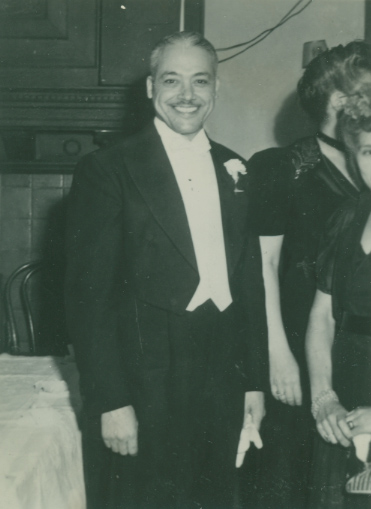
As I researched Dewey Brown, Sr., I became curious about the man behind the legacy. I found Peter Martin's book, Adirondack Golf Courses: Past and Present, where he described Brown as "a black man who was to golfing what Jackie Robinson was to major league baseball: a black pioneer in a white world, a superb athlete, a sportsman and a gentleman.... He has been described by sportswriters as the 'Knight of the Fairways' because he was one of God's great gentlemen and sincerity was his trademark."
Major Roland M. Brown, Sr.
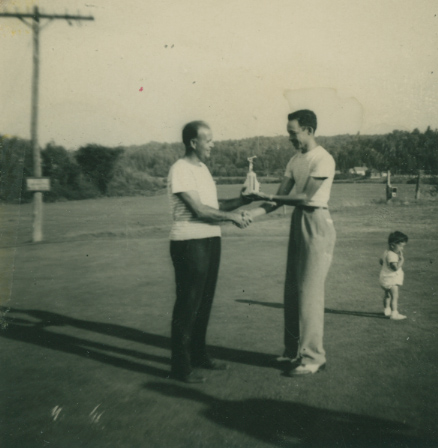
Dewey Brown, Sr., was not the only Brown to leave his mark in the Adirondacks. His first born son, Roland M. Brown, Sr., was also at the forefront of "firsts" for African-Americans. Roland, who was also an avid golfer and spent many summers at Ceder River with his father, was a Tuskegee Airmen during WWII.
The Tuskegee Airmen
Before the Tuskegee Airmen, African-Americans were not allowed to be military pilots. According to Tuskegee Airmen, Inc., "The Tuskegee Airmen overcame segregation and prejudice to become one of the most highly respected fighter groups of World War II. They proved conclusively that African-Americans could fly and maintain sophisticated combat aircraft. The Tuskegee Airmen's achievements, together with the men and women who supported them, paved the way for full integration of the U.S. military." Brown rose through the ranks becoming a Major at a time when blacks were fighting abroad for their country, while at the same time on the home front they were fighting segregation.
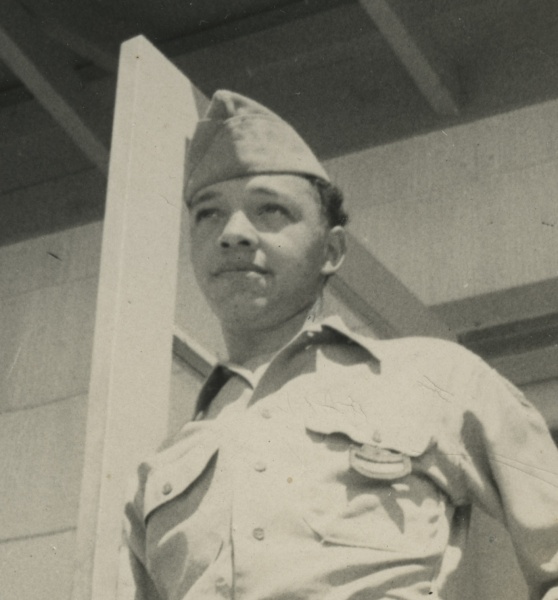
The Congressional Gold Medal
Sixty years after the Tuskegee Airmen served in WWII, President George W. Bush and Congress awarded them with a Congressional Gold Medal during a ceremony at the Capitol Building in Washington, DC on March 29, 2007. Unfortunately, Major Brown did not live to see this honor having passed away in 2004.
Now we are back to the medal ceremony at The Adirondack Experience, The Museum on Blue Mountain Lake mentioned earlier. In June of 2011, Dr. Roland Brown, (son of Major Brown and grandson of Dewey Brown, Sr.) donated his father's Congressional Gold Medal to the museum during a well attended ceremony. The museum's press release for the dedication ceremony stated, "by donating the medal to the museum, Dr. Brown wants to remind people of the Adirondack region's diversity, and the sacrifices made for freedom."
Traces of their Legacy in the Adirondacks Today...
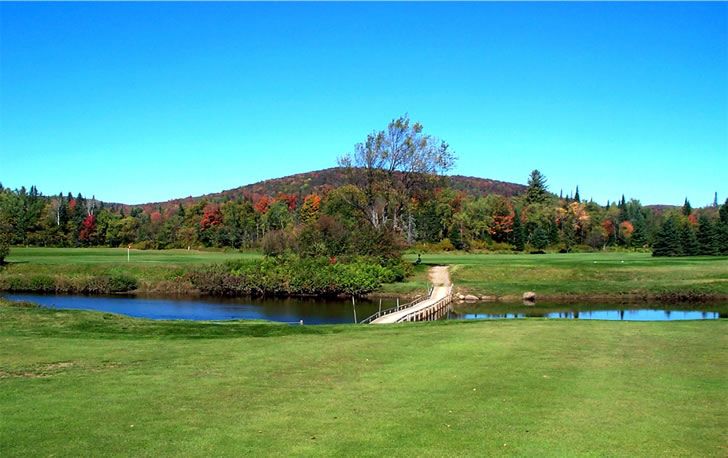
The Browns have no doubt left their mark in American history. Within the Adirondacks this is still evident. Today, Adirondack Experience, The Museum on Blue Mountain Lake proudly displays the Tuskegee Congressional Medal of Honor in their Welcome Center. For many years, the Cedar River Golf Course in Indian Lake welcomed golfers from far and wide to a challenging match on the beautiful mountain-view course.
On a final note, last summer I visited Indian Lake's local heritage museum. While the historian showed me a set of clubs that were crafted by Dewey Brown, Sr., he mentioned that Dewey had picked his grave plot in the cemetery adjacent to the Cedar River Golf Course so that he could continue to "overlook the game." His son, Major Roland M. Brown, Sr. is also buried at the Indian Lake Cemetery. Having both chosen the Adirondacks as their final resting place, it looks like the area left a good impression on them as well.

